Developing Relationship Skills
- Mary Ely

- Oct 19, 2022
- 6 min read
RocheMartin defines Emotional Intelligence by a set of 10 competencies and this is one in a series of blogs covering each one.
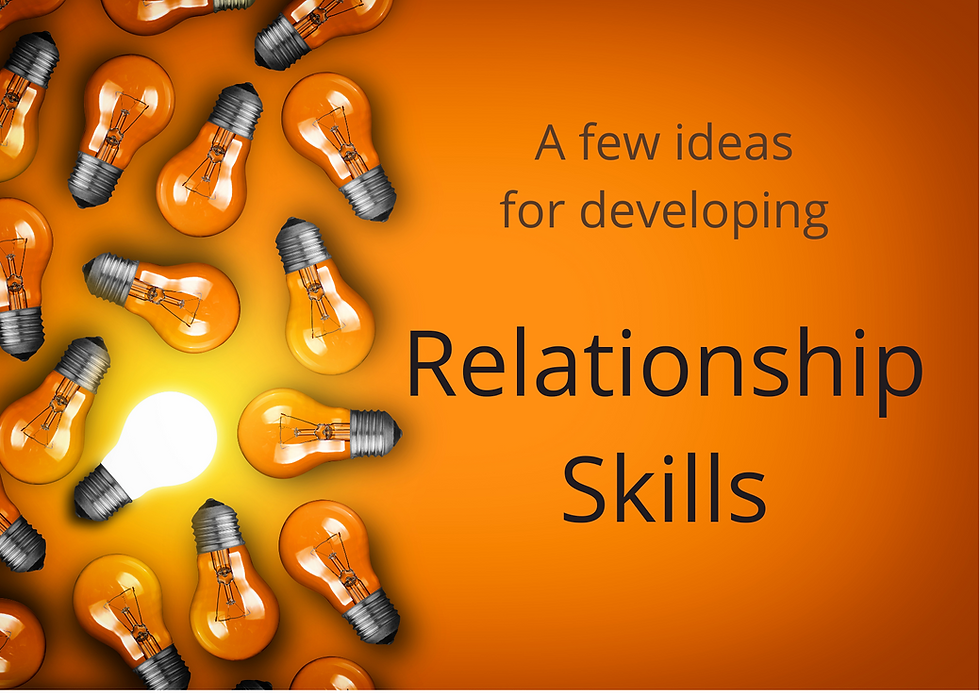
The Relationship Skills competency focuses on the attitudes we take into our relationships, that lead to collaborative partnerships!
The 3 components of Relationship Skills are:
Equality
Treating everyone as your equal. No better, no worse. No judgement. We may be different, but we're all equal.
Mutuality
Always aiming for win-win relationships. How can we all get something we want from the relationship?
Empowerment
Creating the opportunity for shared contribution, control and responsibility that leads to buy-in and motivation to work together.
To find out more and why it's so important, have a look at this blog.
A few ideas to increase your level of Relationship Skill competency

Adopt Equality, Mutuality and Empowerment as your own!
Learn from the NLP Communication Model
Stop judging and think DIFFERENT rather than right or wrong
Stop comparing - Comparison is the thief of joy!
You get what you focus on, so focus on the common ground
Start with why - mine as well as yours!
Nobody likes a control freak!
Check out my SOAR approach to relationships
Coaching
Adopt Equality, Mutuality and Empowerment as your own!
As the Relationship Skills competency is about your attitude, the easiest way to develop this competency is to work on adopting the concepts of Equality, Mutuality and Empowerment as your own.
Things that you really believe are the key to good relationships.
So why should you adopt the 3 components as your guiding principles for relationships?
Why should you let go of any of your reasons to
Be superior or inferior
Focus on your ‘win’ or the other party's win only
Hold on to, or let go of, all the power, all the control, all the decisions?
Here are some things to consider that I hope will convince you if you're not already!
Equality
Learn from the NLP Communication Model
NLP is short for Neuro Linguistic Programming, which I like to think of as psychology's greatest hits, bundled up into a very understandable and useable form.
And for me, the NLP communication model and what you can learn from its application is at the heart of all emotional intelligence competencies as it helps to explain how people work.
If you want to understand more of the detail, then check out the blogs related to this one that cover some of the key concepts.

For Relationship Skills, the key learnings from the NLP communication model are:
We all process what's happening moment to moment based on a mix of our knowledge, experience, energy and how we are feeling.
As my mix is different to yours, we are unlikely to ever process things in exactly the same way.
Based on how we process things, we'll always come to conclusions, make choices and do things based on what we believe to be 'right' (or at least the best choice) at the time.
We are all equal in this regard. We all believe that how we're thinking (and what we're saying or doing as a result) is 'right', and
My 'right' may be different to yours, but it's valid for me.
The basis of the relationship skills attitudes is accepting this.
We've got to a different conclusion.
Let's explore how we both think we're right, and
Let's use the comparison to find a way forward from there that works for both of us/supports the purpose of our relationship.
This means you need to
Stop comparing and judging
Stop judging and think DIFFERENT rather than right or wrong
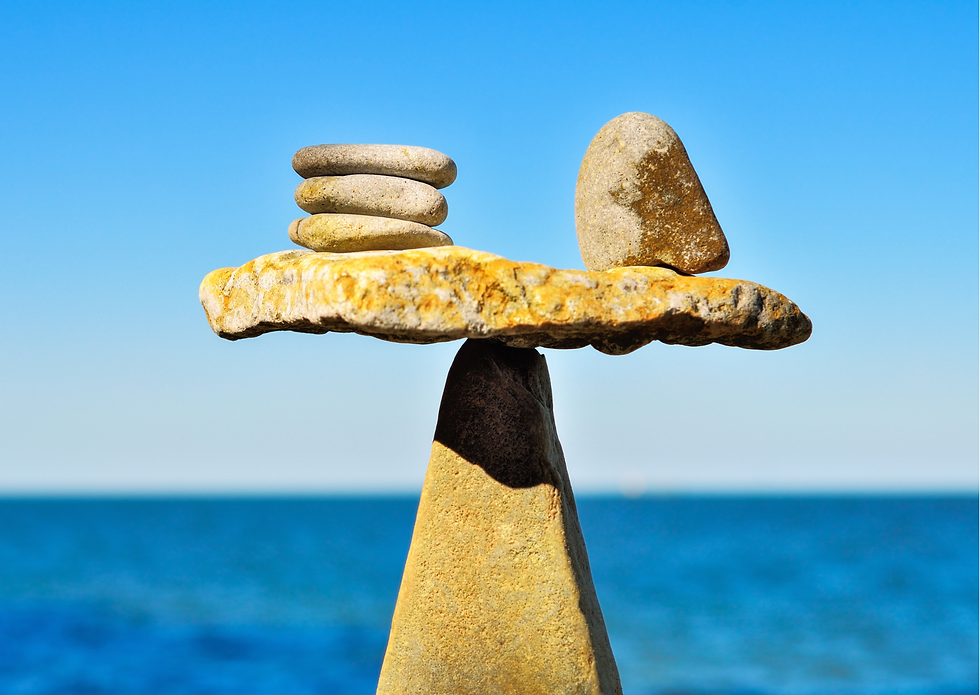
Fear of other people's judgement comes up ALL the time in coaching which means there must be LOTS of people who are quick to judge others.
So why not break the mould and make sure you're not one of them!
Embrace the concept of "Do as you would be done by"
You may not agree, but you need to acknowledge that whatever anyone thinks makes sense to them, given the information they've used and how they've processed it.
If you don't agree with someone, just stay curious and find out how they came to think the way they do....aim to...
Be more coach!
Like any other relationship, coaching works best when it's a partnership between coach and client and all (good) coaches know that one element of that is to approach everyone with an attitude of 'unconditional positive regard'. No superiority and no judgement.
However the person is and however they think is just how they are, and that's OK.
And it's the quality of the space that creates, the willingness to connect and explore without judgement, that allows people to feel psychologically safe. A space where they can do their best thinking and find solutions.
Just think of the difference you could make by creating that environment for the people in your life!
Stop comparing - Comparison is the thief of joy!
I love that saying and when you think about it, it's true.
Any comparison of the quality of 'your right' with someone else's will end up with you thinking or feeling that you are better or worse than them in some way.
These thoughts and feelings will leak out and you'll start acting superior or inferior...which isn't equal and doesn't lead to collaborative discussions or relationships.
So ditch the comparison and opt instead for
I'm OK, You're OK
...which is the only option in a 4 box grid of I/You, OK/Not OK that supports collaboration and partnering. All the other options result in unproductive relationships.

Why?
Submissive and Agressive - one-sided. Great ideas can be missed
Hopeless - no ideas!
Collaboration - ideas are shared, compared and merged, creating a better outcome. As Aristotle said - "The whole is better than the sum of its parts".
So remember
we all have our own unique gifts,
we all have a perspective to offer, and
we're all different and that's OK!
You get what you focus on, so focus on the common ground

As explained in this blog, you get what you focus on. So if you look for the common ground and the ways in which you are the same/the things you agree on then you're more likely to find them...and that will help you to feel equal, build rapport and a feeling of working together toward a common goal.
...which brings us on to
Mutuality
Start with why - mine as well as yours!
Simon Sinek's catchy phrase (and insightful book) 'start with why' emphasises the point that we all need a reason to do anything.
If you want me to do something or collaborate and work with you, you need to find a reason why I want to do that...that's based on WHAT'S IMPORTANT TO ME and not what's important to you.
...and if I'm not bought into that reason,
I'll try and avoid it
I'll do it unwillingly
I'll resent you for 'making me' do it
I won't bother trying to do it very well
I might try and sabotage what you want.
...so you can see why relationships that DON'T factor in my 'why'/my 'win'/what's important to me are far less likely to be successful or productive.
And we need to remember equality.

If we can find a COMMON goal, one that is important to BOTH of us (perhaps in very different ways), we'll both be more committed to action and the relationship will far more likely to meet its purpose.
In this way, you can think of mutuality just like selling something. If I want you to buy something, I need to find a reason why it's important to you and then focus on overcoming any objections you have to buying it now.
...which brings us on to
Empowerment
Nobody likes a control freak
OK, so that's a deliberately inflammatory generalisation :)
BUT it might help you realise why empowerment is the way forward and what to avoid.
How many times have you thought there's a better way of doing something that someone else has proposed? Perhaps
Advice that your well-meaning partner has given you
Something you've been asked to do at work
Maybe even running the country!
Psychologists have proven that one of our fundamental needs is to be heard and understood, which is why Empathy is such an important component of emotional intelligence.
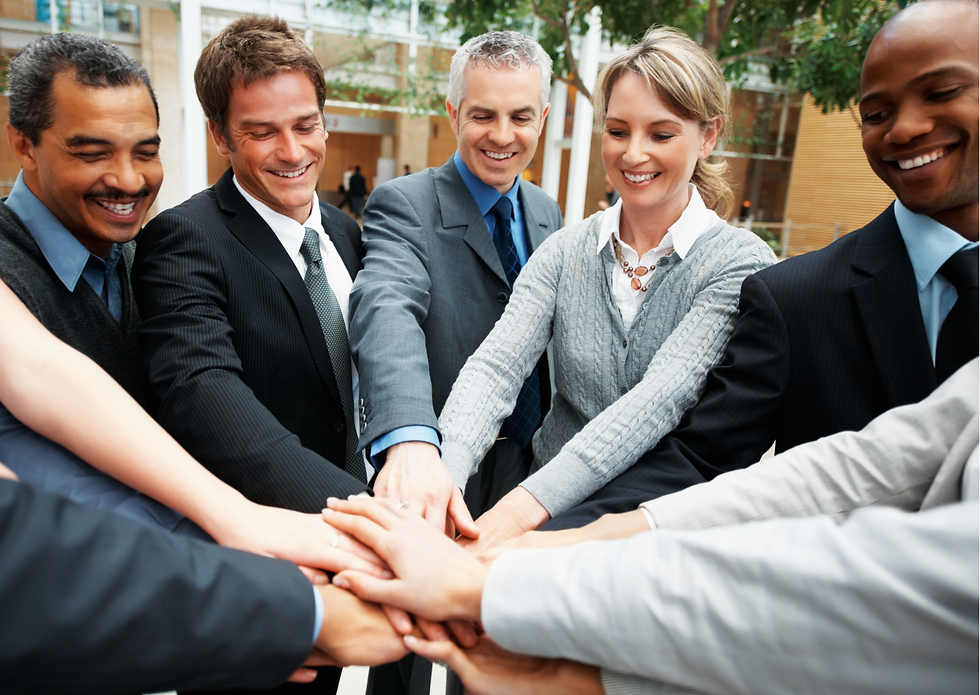
We want to feel that our views have been considered. And we're far more likely to be bought into any idea and be committed to any action when they have been, as we 'have skin in the game'. We become internally or 'intrinsically' motivated to take action.
...so you can see why focusing on empowerment will lead to better feelings in a relationship and better outcomes.
Check out my SOAR approach to relationships
For another way of thinking about how you can develop your relationships generally and your team/closer relationships.

Coaching
Coaching is by far the most efficient, effective, engaging, empowering and enjoyable way to build any of the Emotional Intelligence competencies.
Helping you to develop, refine and embed your own personalised strategies for each competency.
So if these ideas haven't switched your mindset to being an advocate of Empathy, Mutuality and Empowerment, but you still want to improve the quality of, and the output from your relationships, then I recommend coaching!
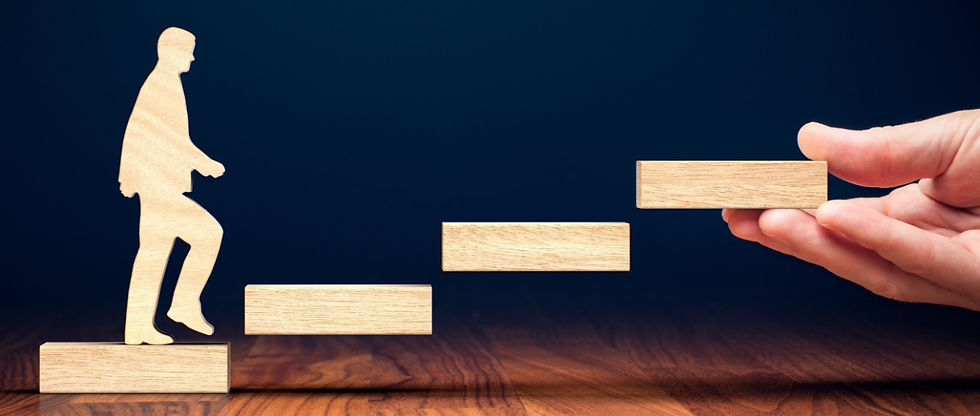
If you’re interested in understanding your level of emotional intelligence using one of the RocheMartin assessments or would like to explore coaching for developing components of it like Empathy or Relationship and Communication Skills as a whole, you can book a free call here.
And if you'd like to try out my monthly emails that provide a roundup of my blogs as well as other insights, you can sign up here.
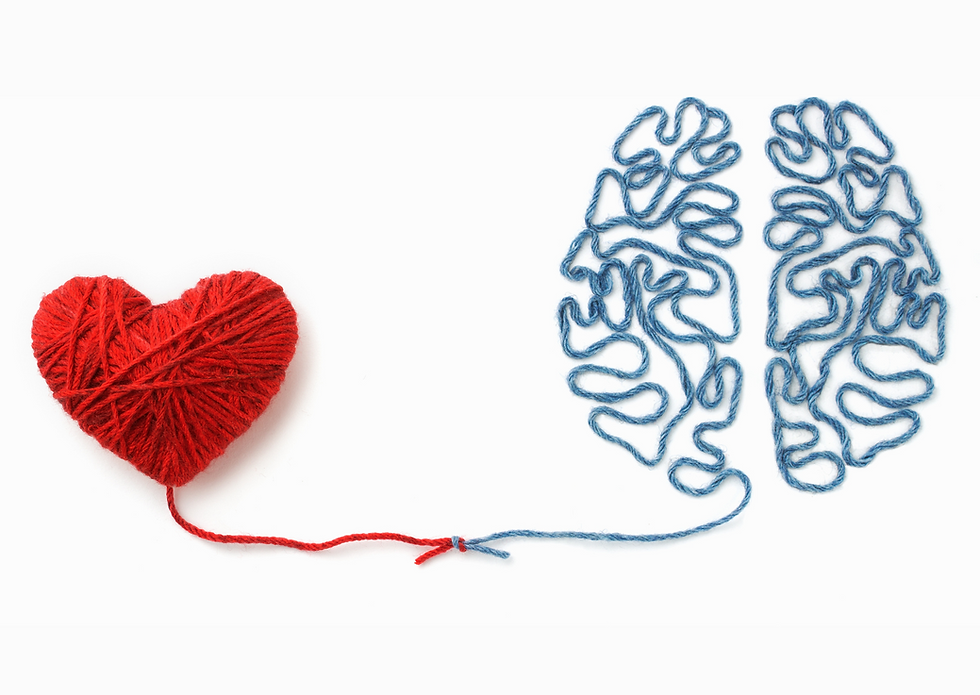
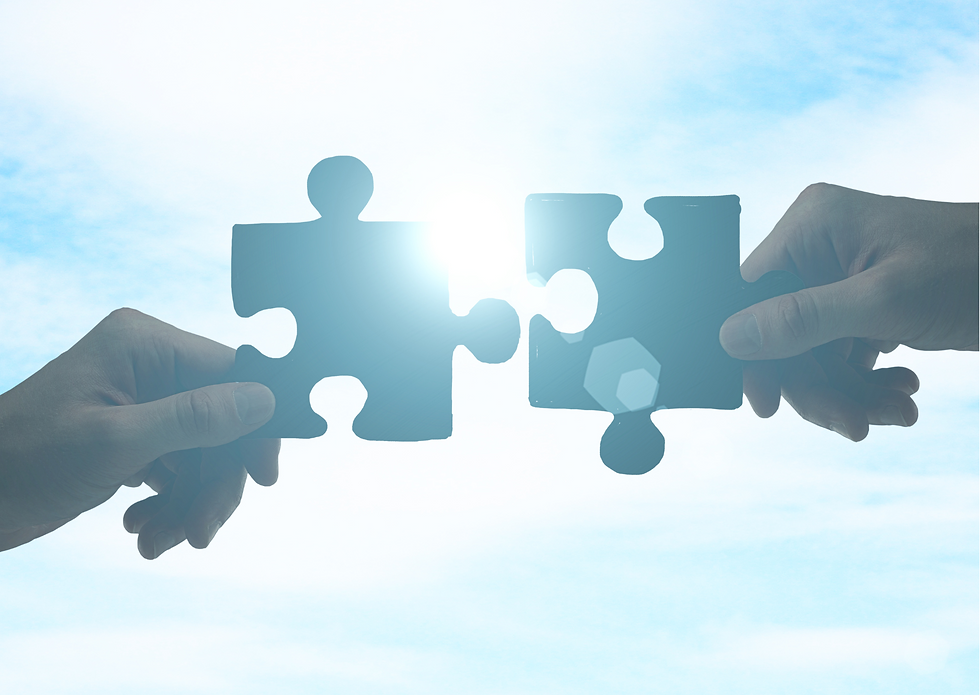
Comments